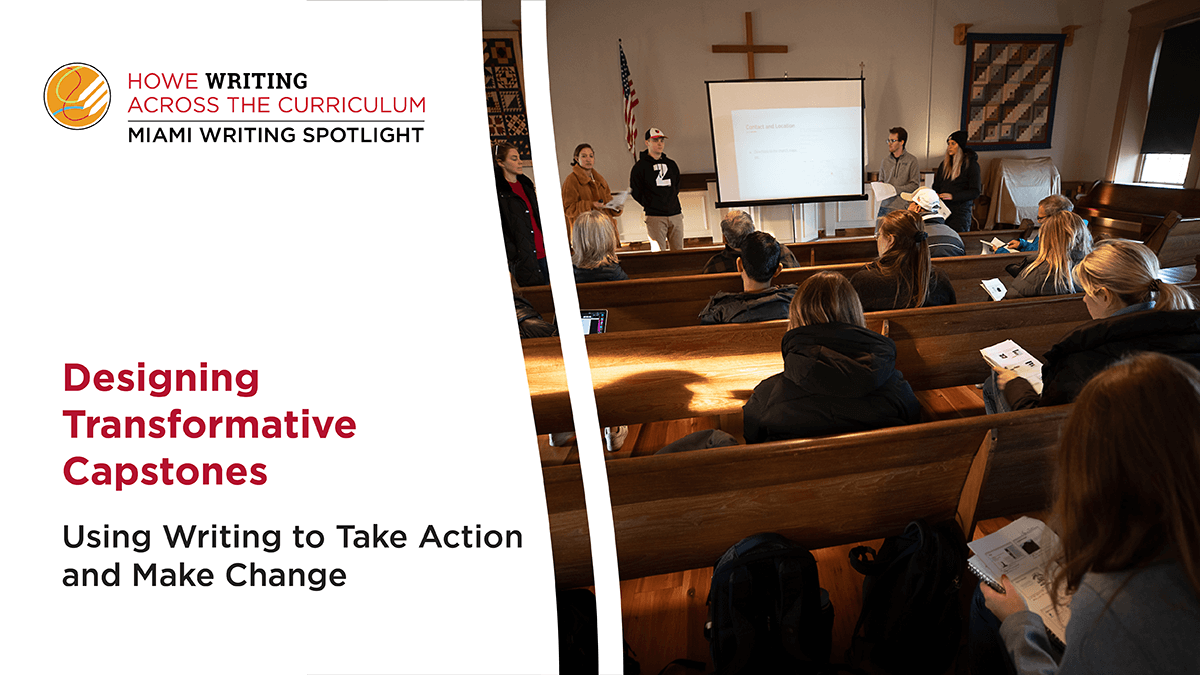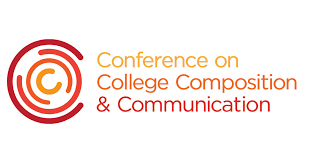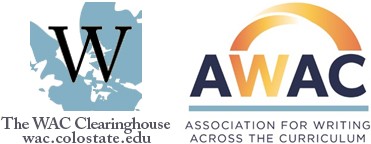Designing Transformative Capstones: Using Writing to Take Action and Make Change
Action-Focused and Change-Making Projects
Heidi McKee’s Spring 2020 Capstone in Professional Writing (ENG 415) began when a community member from Historic Hopewell Church reached out to McKee seeking help in creating a website to communicate the site’s important connection to and participation in the Underground Railroad. Students spent the first few weeks collaborating with the community partner to learn about the church and plan what the project would be based on their needs. Through meeting with the community partners and discussing their communication needs as a community, the students decided to create a website and a brochure to communicate the history of the church and information about visiting the church to the local community. To write and design the website and brochure, students worked together in teams based on their specific interests and skills. When discussing the rewards of this project for students, McKee reflected on how this was a project about “doing good in the world” and how important student writing was for helping this local nonprofit share their history and presence with a larger community.
This change-making for good in the world is also evident in Brian Schultz’s Studies in Educational Issues (EDT 422) capstone where students engaged in a social action curriculum project, or as Schultz referred to it, “social action as curriculum.” For this project, students identified a problem in the community that is important to the student and then took action through specific techniques of participation to help solve it. These techniques for participation were enacted through various genres of writing including a research brief, a video documentary, and a website that housed all the techniques for participation they’ve engaged in.
Finally, students in Elizabeth Wardle’s Spring 2022 Capstone in Professional Writing (ENG 415) participated in change-making actions through their focus on the student debt crisis. Students worked together to learn about the problem and created campaigns to spread awareness. These campaigns included producing infographics, creating a website, making stickers, brochures, and other promotional materials. As Wardle’s student Lexi explained, “The change we wanted to make was just spreading awareness, making it harder for the for-profits to prey on these audiences who don't know any better by giving the audiences the power themselves to make educated and conscious decisions.”
Preparing Students for the Future
Beyond making meaningful change in communities, these capstone experiences are transformative for student learning by showing students how they can apply the knowledge and skills they’ve learned at Miami into future contexts of their professional and civic lives. “The students were incredible,” McKee reflected, “and I have so many emails from that class and other classes, too, which are like ‘This project was the most meaningful project I've done at school. It's really helped me really pull together all these things that I didn't know I knew.’ And a lot of students talk about how it helped them land that post-graduation job.”
To spread awareness about the capstone’s topic of the student debt crisis, two of Wardle’s students, Lexi and Vanessa, worked together to create a campaign and discussed what this means for their futures. “I think if there's something I'm really passionate about in the future, I will definitely look back at this class and be like what did I learn? What can I use? How can I use all the strategies that I learned? I mean we kind of put a whole campaign together, which, with two people, is pretty impressive and I think that this showed me that I am capable of doing that and, potentially, making a change.”
Cameron, another of Wardle’s students, highlighted the importance of collaboration and working as a team. “The group collaboration of a capstone will be really important, especially because my particular job is all teamwork. I’m going to be working with the team, and I think that this capstone, since it's entirely student-led, you have to be able to work with people and work together and come up with an idea and implement it, so I think that that is super important as we graduate and get into the job world.”
Toward Teaching Transformative Capstones
While creating transformative capstones through engaging and creative writing-focused projects is possible, there can be challenges facilitating these capstones. Schultz and McKee both noted the unpredictability of these projects requires flexibility and adaptability from the professor. Additionally, Schultz noted that this type of project might be unfamiliar to students, which can make this work messy, troublesome, and even uncomfortable. However, both Schultz and McKee argued that these challenges are outweighed by the successes and rewarding experience of these projects for students, instructors, and community members.
“The reward,” McKee said, “comes from seeing all the students learn together and seeing all that they produce together and seeing the relationships that they build with the community partners. It's really neat and it's something that they are able to showcase and to share with friends, family, potential employers, and that feels really good to know that the students are really proud, as they should be, of what they've done.” Similarly, for Schultz, the reward is “when students are able to see that as they engage in something that they find fascinating, that they're passionate about or they're angry about, that the curriculum is like provocation” to create change.
Faculty who are thinking about designing capstone courses to engage students in this change-making, action-focused, and public-facing work as these capstone experiences model should start by reflecting on what they do in their discipline to make change. As Schultz asked, “What might you interrogate with students, not for students, but with and alongside them?” Then, consider how writing can be used as a tool for supporting students’ learning and facilitating this change, as shown by these capstones. How can students’ writing in these projects solve problems and enact change for a community by drawing on the skills they have learned at Miami?
Capstone projects like McKee’s, Schultz’s, and Wardle’s engage students in transformative learning, but take careful planning and intention. Faculty who teach capstone courses or who are interested in learning more about designing capstone courses are encouraged to check out the Howe’s resource on Creating Capstone Assignments, which offers specific guidance for designing and scaffolding writing assignments to support students’ learning in these courses.
Howe Writing Across the Curriculum Programs
The mission of the Howe Writing Across the Curriculum Programs is to ensure that all Miami faculty and graduate teaching assistants can effectively include writing as a means to support learning in their courses and programs.


